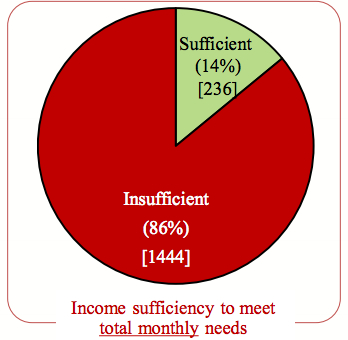↪ Back Street's Back | Foreign Affairs
Elijah Zarwan on the under-discussed phenomenon of urban squalor as a source of protests and rioting:
But it would be a mistake to dismiss the protesters as paid thugs, or to blame the unrest on revolutionary anniversary pangs, Muslim Brotherhood misrule, or a court's verdict -- although those are all elements of it. True, it is difficult to systematically track the demographics of a stampede, but what most of those rushing to escape birdshot and tear gas canisters have in common is that they are male, urban, young, and unemployed; they have very little to lose, and even less confidence in a political class that does not represent them. For them, the mantra of the uprising that began two Januarys ago -- "Bread, freedom, social justice" -- remains an urgent and unanswered demand.
If anyone doubted that Egypt's unrest would continue until the urban poor saw a concrete improvement in their daily lives, the events of the last few weeks should have convinced them otherwise. For the majority of the Egyptian population that grew up poor and has known no president other than Mubarak, life has been hard and has only gotten harder. The narrow streets of the urban slums admit little air. Decent work, already scarce, has become scarcer. Prices have continued to rise. Prospects for a dignified life -- a steady job, marriage, and escape from the family home -- have grown steadily more remote.
Before the 2011 revolution, some of the poor had turned to the streets, to pills, to hashish, to brawling, to fun. With the army hesitant to appear involved and the opposition in disarray, that street culture is now likely the biggest check on the Islamist project. The dispirited urban population is perhaps more heavily armed now than at any time in modern history. Families -- "honorable people," as onlookers describe them -- still join protests by day, but they melt away by night, and a leaner, angrier group takes their place.

